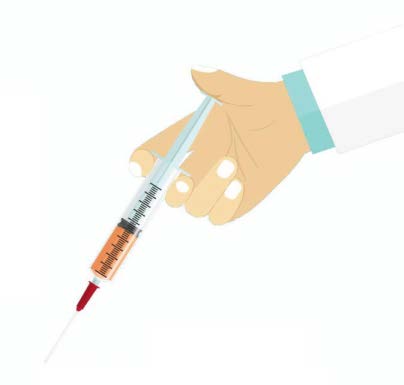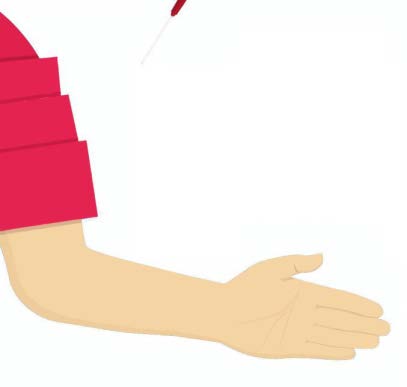Parents are no longer able to cite religious or personal beliefs as a qualification for opting out of mandatory vaccination schedules. On average, about 80,000 students in California utilize the personal belief exception each year, but now, without a valid medical condition such as allergies or immune system deficiencies, a parent will have to choose between adhering to the new law, homeschooling, or leaving the state.
The California mandate was spurred after a 2015 Disneyland incident. During this time, thousands of people vacationed at Disneyland enjoying Splash Mountain, Mickey Mouse’s house, and the jungle cruise. Yet over 40 people left with more than just the magic of Disneyland, they came home with a dreaded case of measles. By April, the disease had spread to 17 states and the District of Columbia, leaving at least 188 people fighting off symptoms including dangerously high fevers, widespread itchy rashes, potential reproductive harm, and the characteristic white spots inside the mouth. So how did this outbreak occur? Scientist say that for a community to be protected from certain infectious diseases, there is threshold of 96 percent of the population that needs to be vaccinated. This is called herd immunity. When less than this percent of the population is vaccinated, viruses are able to make their way into the community and spread from person to person. A California State Department of Health’s survey suggests that only 91 percent of children in California had obtained the measles vaccine prior to the outbreak. Why are parents opting out? Many parents fear the negative effects that can occur from vaccinations and while they are incredibly rare, they are possible. After getting a vaccine, a child may experience redness, itchiness, or swelling at the site of the injection or even a fever, headache, or fatigue while the body builds immunity. This will typically go away in a few days, but the severity can extend beyond the short term. For certain vaccines, about one in a million are at risk of deafness, permanent brain damage and long term seizures, coma, and lowered consciousness.
While these side effects can worry parents, it is important to remember that vaccines are tested for safety. Before a vaccine can be approved, it must go through an extensive testing process by the manufacturer, FDA, and medical professionals. Additionally, in recent years, parents have opted out in fear of a causal relationship between autism and vaccines, but there is
So who supports vaccines? This list includes the Center for Disease Control, the vast majority of physicians, Medicaid, and health insurance companies to name a few. Medical professionals say that the risk of contracting a vaccine preventable disease is infinitely higher than the likelihood of a vaccine-related adverse reaction. Vaccinations are considered a part of the standard of care and are a common preventative health measure to not only protect the individual, but the health of the community. Those who have compromised immune systems, such as children with cancer, cannot be vaccinated and are put in risk when dangerous diseases start circulating. So, while diseases such as measles and mumps may seem like a thing of the past, this has been done accomplished largely through an increase in vaccination efforts. In certain areas around the world, the presence of these diseases is still remains common, and with growing mobility, they can easily be brought back to the U.S. Getting ready for school. In addition common preventative health measure to to new backpacks, binders, and back-toschool clothing, children must be updated on their vaccinations. While other states may not be as stringent on the vaccination requirements like California, each one determines its own respective immunization requirements for enrollment and attendance at school and childcare centers. To see what your state requires, the CDC outlines it here. Parents can also speak with their child’s school or childcare center or contact the state Immunization Program or Department of Health to learn more about the requirements.
So what can you do? Learn about what is required and what is not. Depending on the state, parents may have the option to selectively choose vaccinations or opt out. But when doing so, be sure to consult a doctor and understand the risks. While vaccines are incredibly important for the health of your child and those around them, it is important to be informed and know what decisions you can best make for your family. •

Vaccinations are considered a part of the standard of care and are a not only protect the individual, but the health of the community. preventable disease is infinitely higher than the likelihood of a vaccine-related adverse reaction. Vaccinations are considered a part of the standard of care and are a common preventative health measure to not only protect the individual, but the health of the community.
